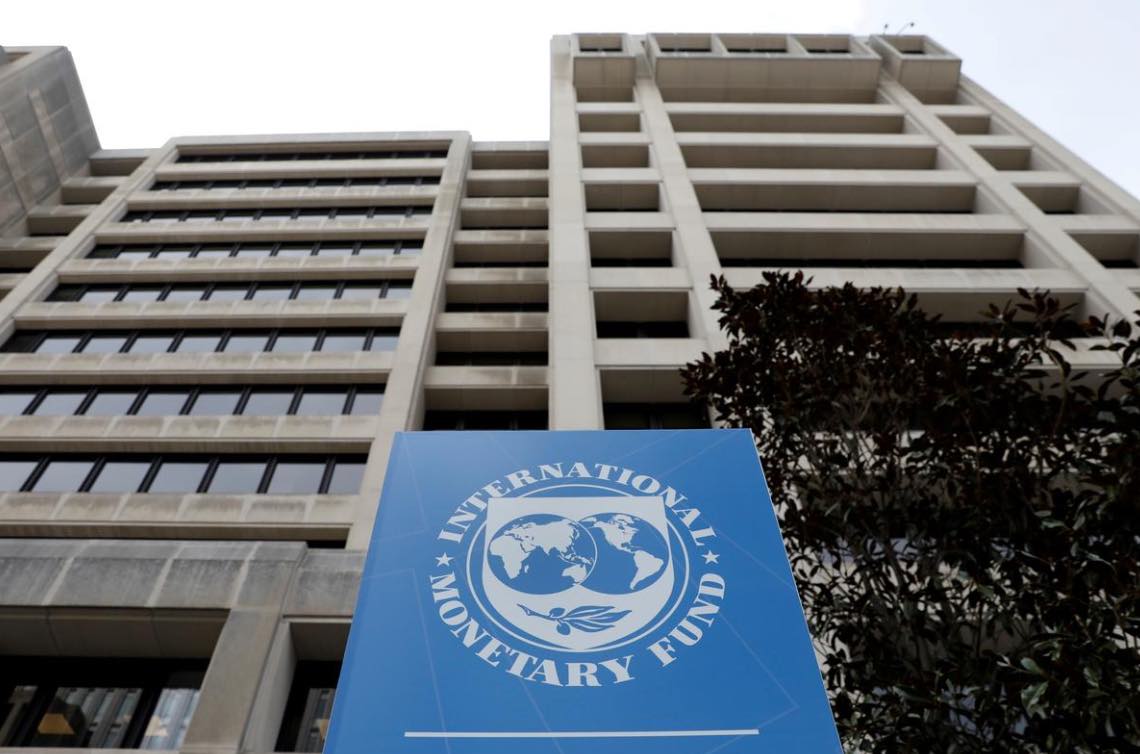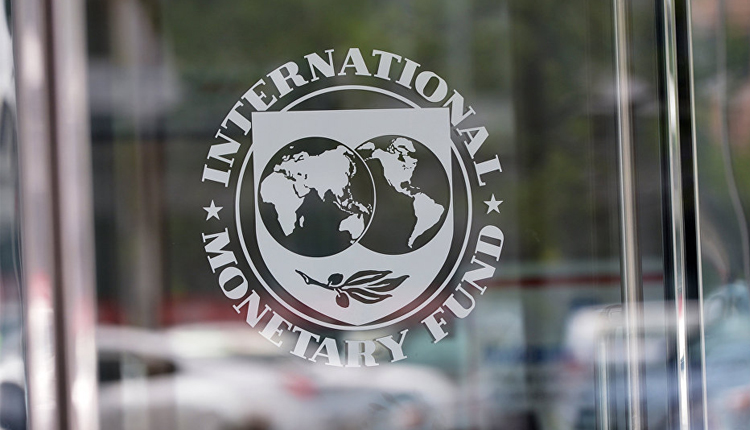
These days, one Egyptian eye is focused on the coronavirus battle that is raging across the world, but that is declining in Egypt as the country has entered a state of a “new habit” — a return to normal life conditioned by a high degree of precaution, alert, and control of the pandemic so that it does not affect the development process.
The other eye, meanwhile, is watching the dangers that affect Egyptian national security, whether they come from terrorism and threats in neighboring countries — especially in Libya, where Turkey interfered, or in Ethiopia’s obstinate stance in negotiations on the Grand Ethiopian Renaissance Dam.
Amid this group of challenges, Egypt won the battle to maintain its financial balance when it used its rights to obtain US$2.77 billion in loans to deal with emergency circumstances and allow for sustainable recovery, according to a statement the International Monetary Fund made regarding the loan.
Shortly after, Egypt secured another loan of $5.2 billion, and started to return to the right path again. The first signs of success came when Egyptian foreign exchange reserves increased to more than $38 billion, reversing a downward trend. This money was used to counter the virus.
Within a few weeks, the Egyptian pound regained some of its value, moving closer to pre-pandemic levels, which were lost due to the scourge.
These were the first signs that the Egyptian economy was recovering, since it was one of the fastest growing economies among the world’s emerging countries before the crisis. With regard to the loans, there was no battle with the IMF, in part because it had not been long since the completion of the $12 billion IMF loan obtained by Egypt, which was accompanied by a radical program of economic reform.
Egypt had the courage to take difficult decisions with regard to the reform program, the positive effects of which were manifested in Egypt’s increasing ability to deal with difficult crises, and in the rise in the international financial community’s confidence in Egypt’s good management of various issues and its ability to recover economically.
There was no battle between Egypt and the IMF because in the previous loan there were three reviews that resulted in positive reports on the Egyptian economy, and a final review in which Egypt came out through flying colors.
It was clear that Egypt, like other countries in the world, was facing an exceptional situation that caused great embarrassment for richer and more developed countries, and that affected Egypt’s basic and hard currency resources, whether through tourism, remittances from workers abroad, international trade passing through the Suez Canal, exports, or other things that cannot be underestimated.
Egypt has not lost its balance, and has continued to do its best while maintaining the safety of its citizens until it is ready to start again.
The IMF knew very well that before the pandemic, Egypt did not want to borrow again. It wanted to listen to technical advice and benefit from the lessons of other countries. It did not need new loans.
The battle that Egypt went through, however, was with an alliance of enemies who tried to intervene to stop the IMF loans, using all the tools of propaganda and intellectual terrorism.
Eight multinational “human rights” groups requested that the fund turn down Egypt’s requests for the loans. The claim was based on a well-known list of accusations, in addition to accusations of “corruption” and of directing the loans to the Egyptian armed forces.
The Qatari channel Al Jazeera and a group of Muslim Brotherhood channels in Istanbul, Doha and London took the allegations and started repeating them morning and night. And this while engaging in the well-known cycle where Human Rights Watch relies on Brotherhood sources, since they know the truth in Egypt, and then the Brotherhood circulates what the American organization says, on the basis that what comes from Washington cannot be wrong.
The general coordinator of the trick is the Brotherhood, which suddenly became a supporter of democracy and equality between people, and a supporter of Arab nationalism, inclusion, transparency, and the poor.
Notice that none of these read or referred to any of the previous IMF reports, which are many, or the reports of the World Bank and many private international institutions that issue periodic international reports on the Egyptian economy. None of these people looked at such reports throughout their failing attempts, from the time when they first attacked the new Suez Canal project, until just a few days ago when they attacked the opening of the Baron Empain Palace.
They disregarded six years of continuous development in the country’s infrastructure, maintaining the financial balance of the country, reducing unemployment and inflation rates, and boosting the Egyptian pound, after years of humiliation.
The only number that everyone rants about is the figure announced by the Central Agency for Public Mobilization and Statistics in Egypt, which states that 32 percent — or 32 million — of Egyptians are poor.
They don’t mention other figures, including that 18 million of Egyptians have social protection, and that the inflation rate went down from 34 percent to seven percent, while unemployment fell from 14 percent to eight percent and the growth rate rose from 1.8 percent under the Brotherhood to 5.6 percent just before the pandemic. According to a classification, this is the highest growth rate in the Middle East, and the third in the world after China and India.
Fortunately, the IMF knew all of this, and since it was not one of its tasks to listen to what the Brotherhood and their followers from other groups say, it followed the institutional rules regarding UN member states.
But that is not what the group wants, as it wants special treatment for Egypt. Take, for example, Amy Houston Holmes, who wrote an article for the American Foreign Policy journal titled “The IMF loans will further deepen corruption in Egypt.” Holmes was described as a visiting fellow at Harvard University and is now an assistant professor of sociology at the American University in Cairo.
In the article she places the well-known list of the Brotherhood, Al Jazeera channel and its followers, and above it requests special treatment for Egypt by the IMF by forming a special body to monitor the spending of money in Egypt. What was stated in the article reflects first, complete ignorance of how the IMF works, because if she had known she would have realized that granting IMF loans to Egypt represents a global certificate of acquittal from all the accusations she mentioned. Second, it reflects a complete ignorance of what’s happening in Egypt and how things are going outside the walls of the American University.
Holmes originally does not want to know anything about “Egypt Vision 2030,” which the pandemic stalled slightly, but which Egypt will resume again. Egypt won and attained victory in the battle with the fund, while Al Jazeera, the Muslim Brotherhood and Holmes, who does not know Egypt or the fund, lost.
___
Image: The International Monetary Fund (IMF) headquarters building is seen ahead of the IMF/World Bank spring meetings in Washington, U.S., April 8, 2019. (REUTERS/Yuri Gripas/File Photo)




